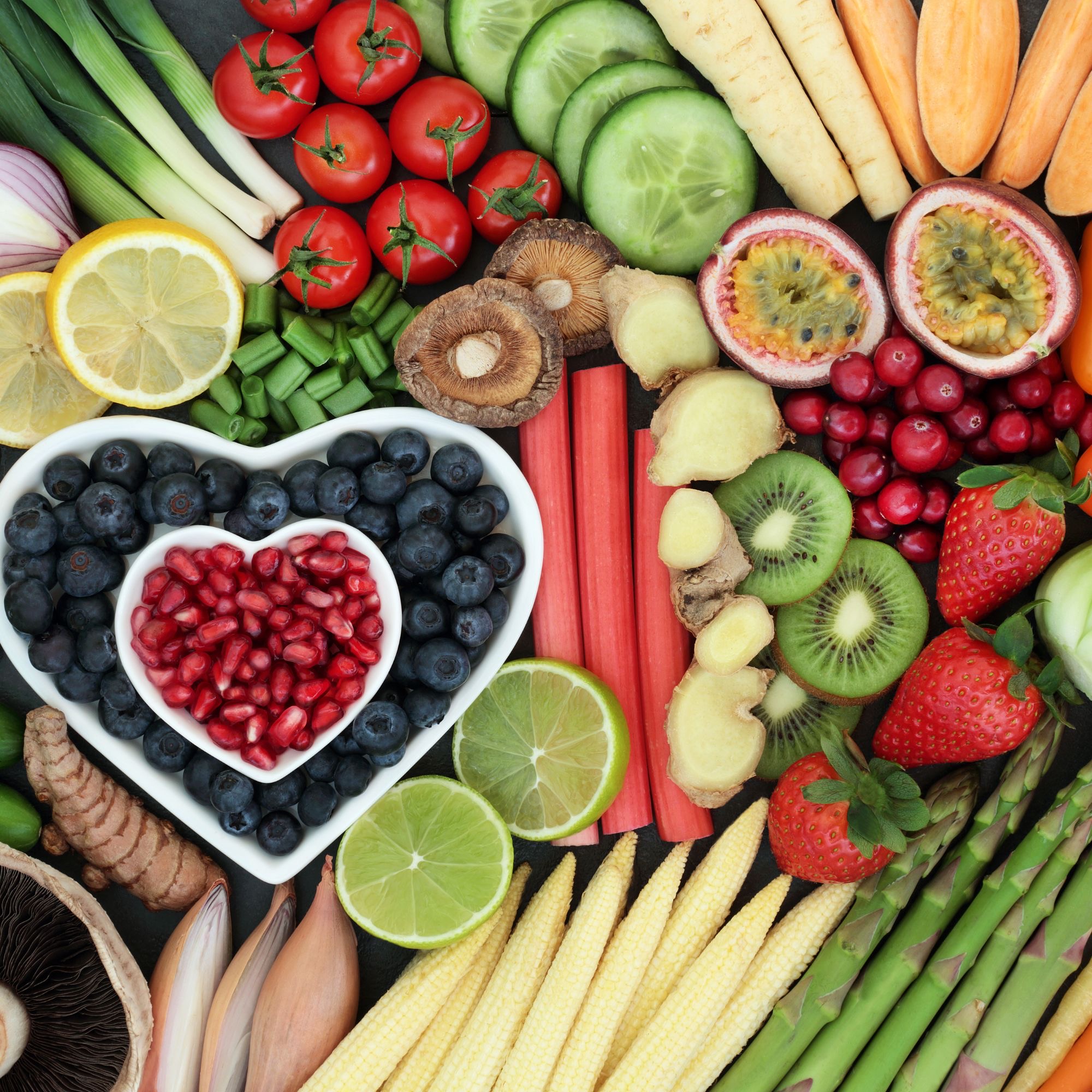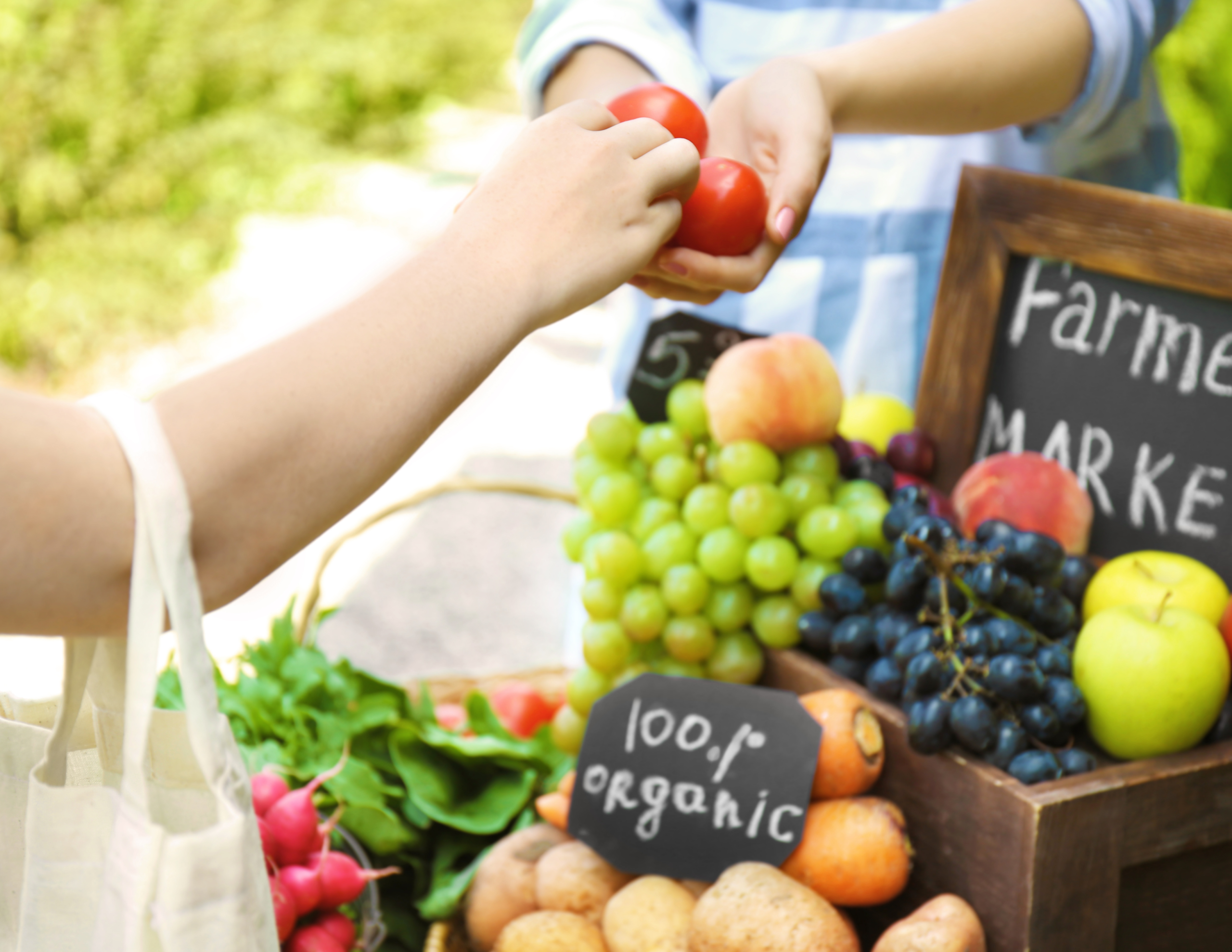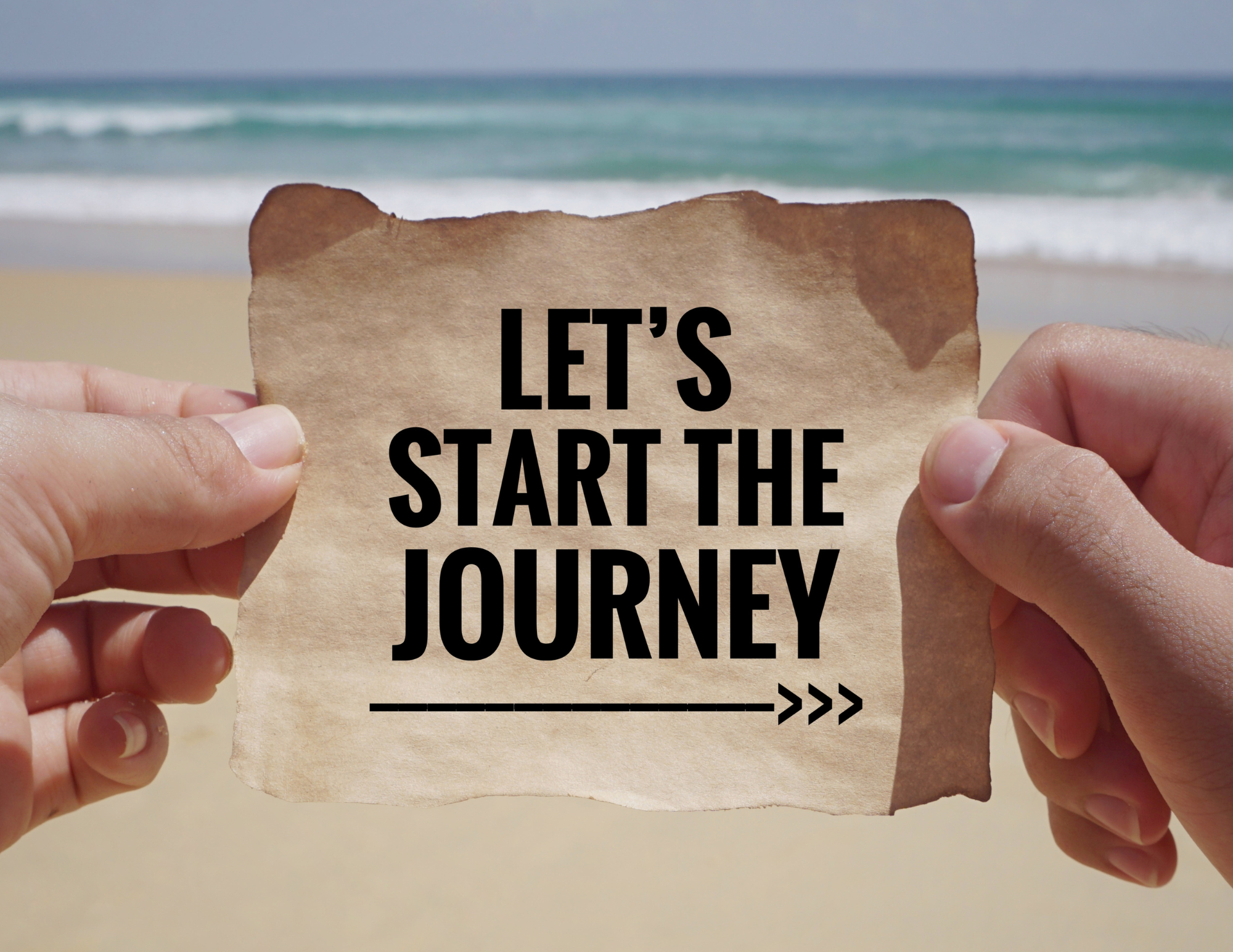Resources
If you are beginning your healthy lifestyle journey, you may already realize that there is so much information available these days – your head is probably spinning. This is why we felt a resource page may be helpful to aid you in sorting through the best products. There are many products with labels such as “natural” that are not the best products for you and your family. They may actually be causing you and your family harm. Remember, just because it is on a natural food shelf does not mean it is a good product. We will add to this page as we grow and become aware of other products. If you know of other fabulous products, please feel free to share them with us. We will be happy to run them by DRHutch Approved and add them to our site.
Have FUN learning 🙂
Many of the approaches you will see on these sites we can also offer you through Turning Tides. When we began our journey, the information was not as available as it is today. If you are NEW on your journey through addictions and neurobiological disorders, you are probably just like a sponge, attempting to soak up as much information as you can possibly retain. We know! We were just like that, and we are still hungry to absorb all of the new research being made available centered around alternative ways to help the healing process in these areas. The below lists is not an all-encompassing one, but it will at least get you headed in the right direction.

Affiliate Links
What is Swich?
Swich helps you develop cooking skills tailored to your individual health goals, skill level, and food preferences. We are 100% online, 100% plant-based, 100% free. We started Swich to inspire a global health movement and teach the world how to cook with confidence because we know that cooking changes lives and improves health.


Directories to Healthy Eating:
1. Farm to Table: A state-by-state directory of local farmers who sell directly to the consumer.
Website: http://www.eatwild.com/index.html
2. PickYourOwn.org: Find a pick-your-own farm near you. Learn to can and freeze!
Website: http://www.pickyourown.org/#
3. LocalHarvest.org: Find farmers’ markets, family farms, and other sustainable food sources in your area.
Website: http://www.localharvest.org/
Grocery Stores and Retailers:
1. Costco: Offers a range of organic products, including organic meat and chicken.
Note: Some products may not be listed on their website.
2. Trader Joe’s and Whole Foods: Known for their excellent organic food selections.
Educational and Product Search Databases:
1. Organic.org: Provides information and education on organic products.
Website: http://www.organic.org/
2. Weston A. Price Foundation is a trustworthy resource for learning about healthy lifestyles.
Website: http://www.westonaprice.org/
3. Environmental Working Group (EWG): Offers research and a search engine to find safe and trustworthy products.
Website: http://www.ewg.org/about-us
Additional information: Download the Dirty Dozen and Clean 15 lists before grocery shopping.
4. Citizens.org is an advocacy organization for food labeling and environmental product safety.
Website: https://www.citizens.org/
5. Responsible Technology: Resource for GMOs and other educational information.
Website: http://responsibletechnology.org/
6. The Toxic-Free Foundation: Helps consumers navigate the best and safest products in various categories.
Website: http://thetoxicfreefoundation.com/
Addiction, Mental Health, and Advocacy:
1. Safe Harbor: Integrative Guide to the World of Alternative Mental Health.
Website: http://www.alternativementalhealth.com/
2. The Orthomolecular Organization: Promotes natural treatment approaches to mental health.
Website: http://www.orthomolecular.org/
3. RxISK: Educates and empowers patients to have better conversations about medication with their doctors.
Website: https://rxisk.org/
4. Toxic Psychiatry: Online library and newspaper portal with information on the false science and risks associated with biological psychiatry.
Website: www.toxicpsychiatry.com
These resources can help you make informed choices about your health and well-being. Don’t hesitate to contact us if you have further questions or want to learn more about Turning Tides programs.
